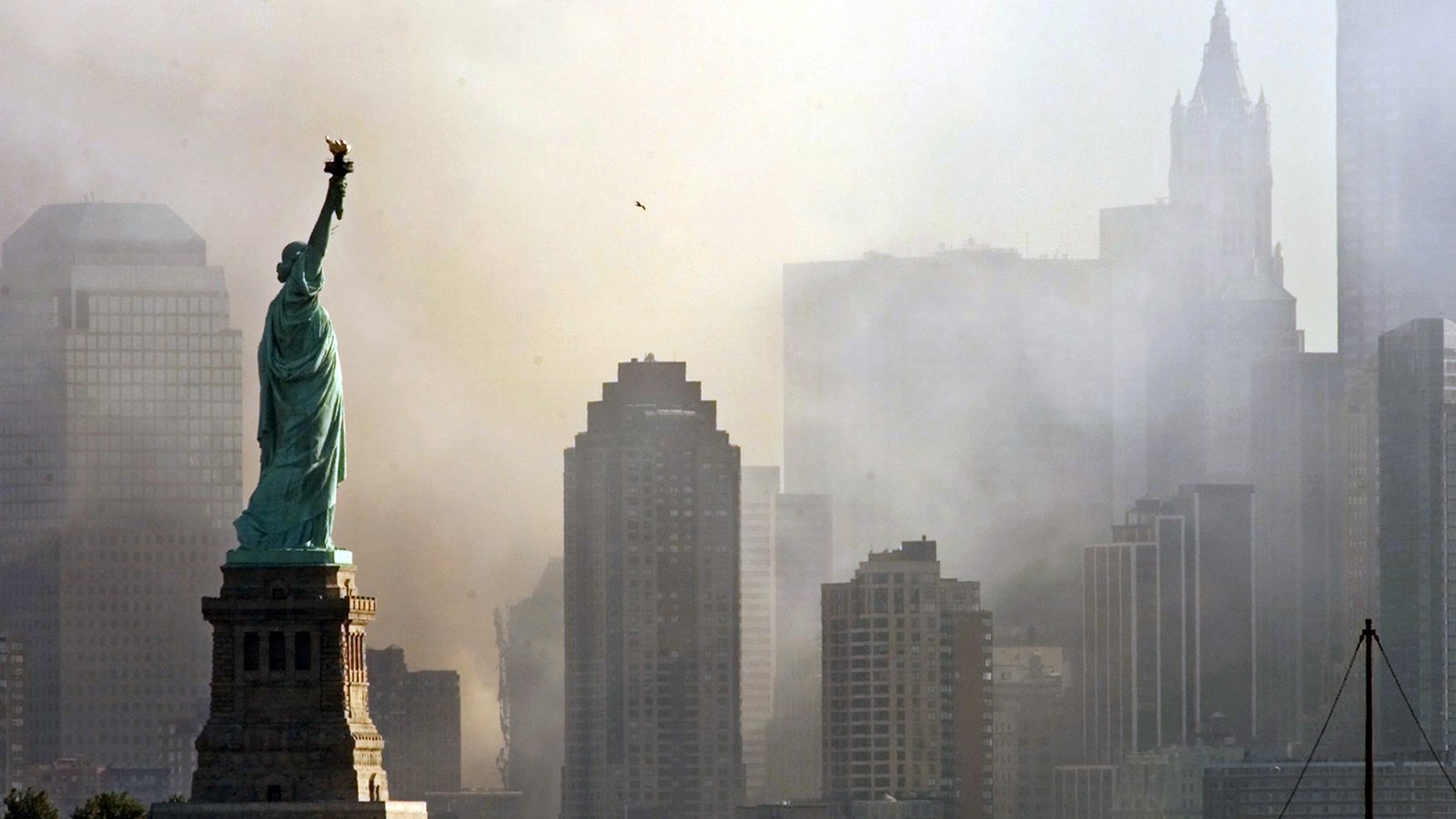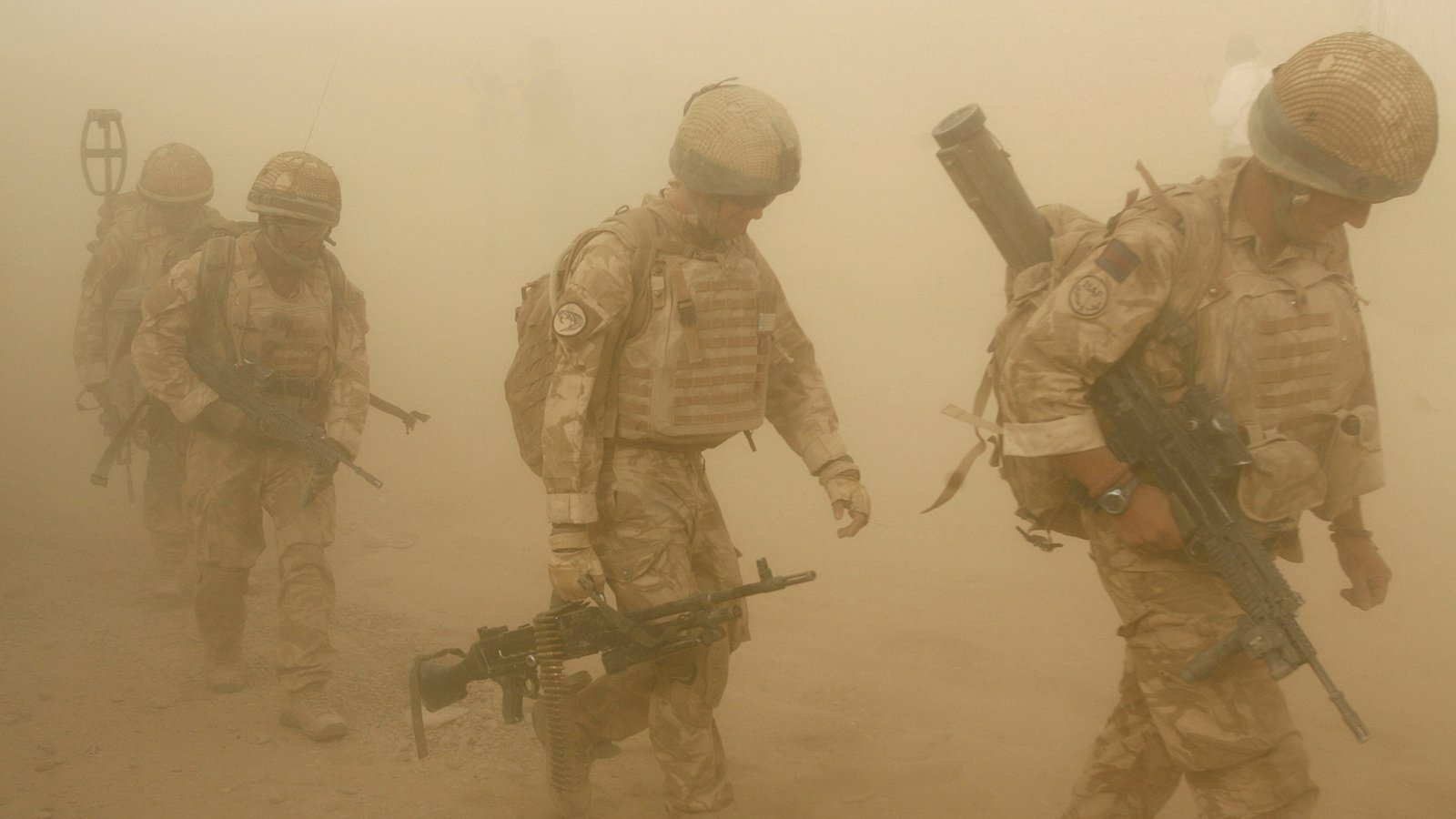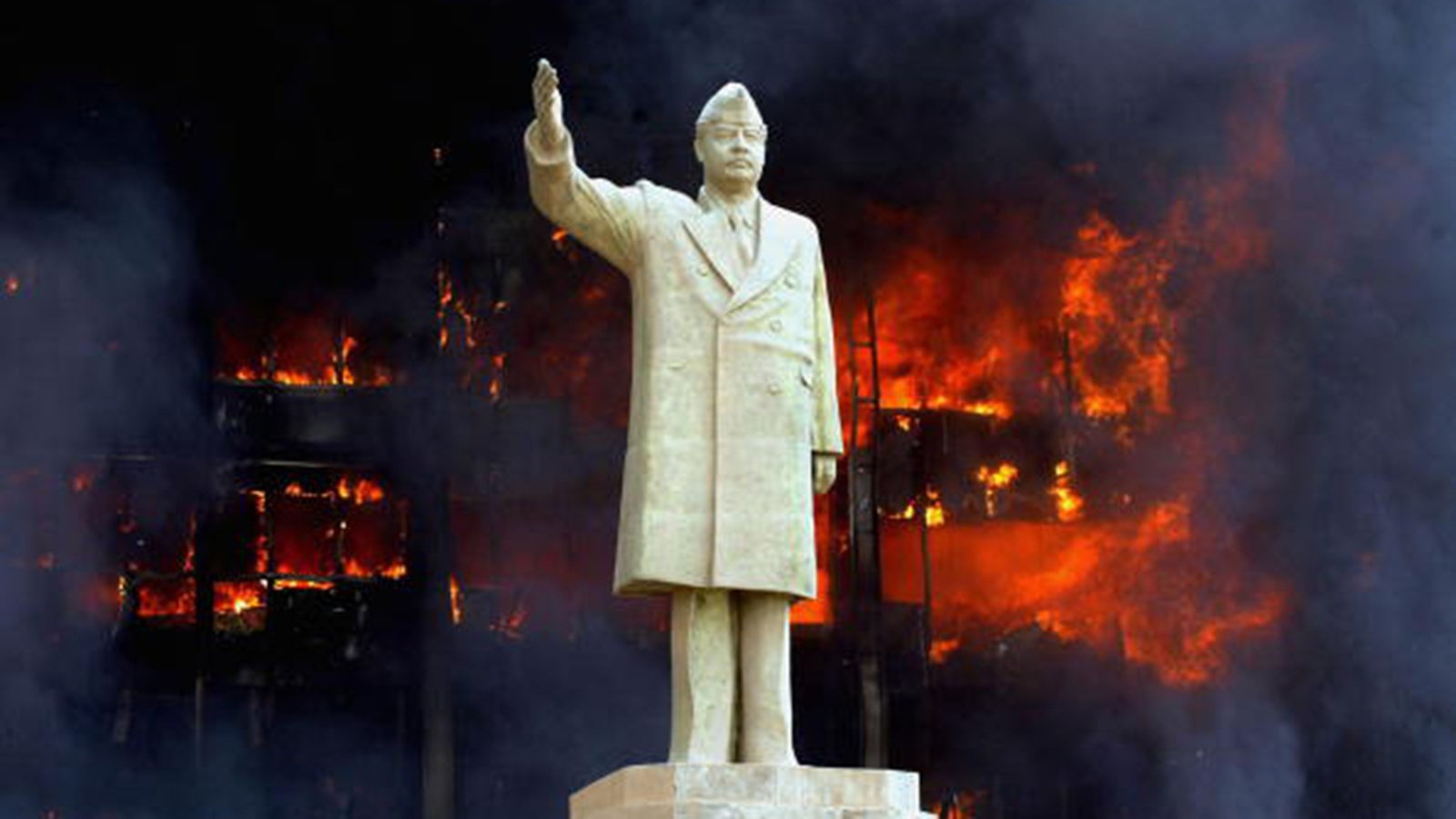
The events of September 11, 2001, set in motion sweeping changes to U.S. intelligence and counterterrorism practices, launched two major wars, and altered Americans’ daily routines. This timeline traces three pivotal years whose reverberations continue today.



September 11, 2001

In the deadliest terrorist assault in U.S. history, nineteen al-Qaeda members hijack four commercial airliners and crash two into the World Trade Center towers in New York City and one into the Pentagon outside of Washington, DC. The fourth plane crashes in rural Pennsylvania after passengers try to wrestle back control. The attacks, which killed 2,977 people, are the culmination of nearly a decade of efforts by Osama bin Laden—motivated by radical Islamist ideology—to kill American soldiers and civilians. Later investigations find that the hijackers, most of them Saudi nationals, entered the United States and attended flight training schools largely without raising alarms. CIA Director George Tenet later says that “the system was blinking red,” but despite White House briefings on the bin Laden threat, intelligence agencies and domestic law enforcement failed to share crucial information.